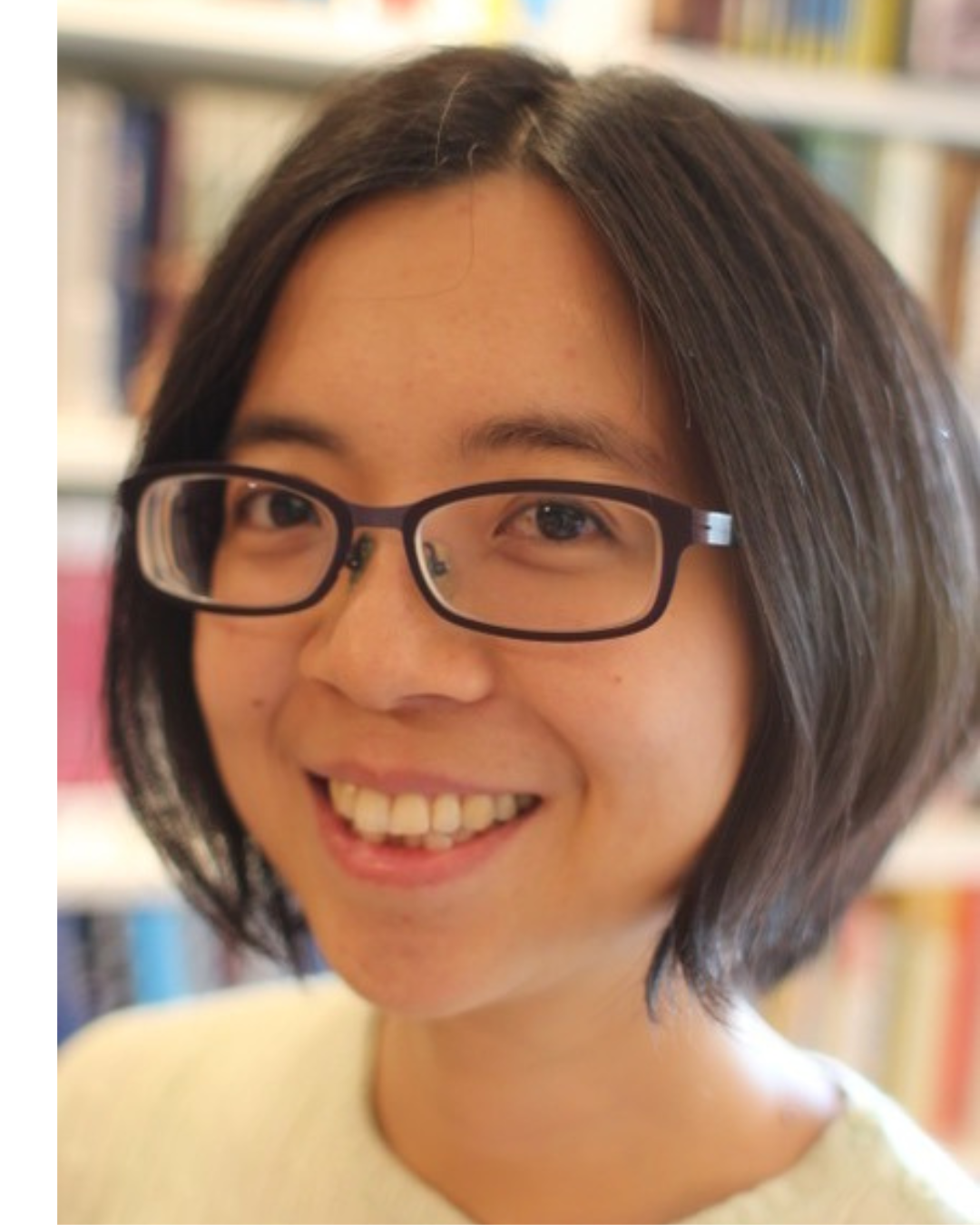Dr. Grace Lee Secures Grant for Research on Diet and Genetic Health

Assistant Professor Grace Yuh Chwen Lee from the UC Irvine Charlie Dunlop School of Biological Sciences has recently been awarded over $1.3 million in grant funding over four years from the National Institute of Diabetes and Digestive and Kidney Diseases. This funding will support her research project titled “Dietary impacts on organismal health through altering epigenetic silencing of transposable elements.”
Professor Lee’s research focuses on how transposons, so called “genomic parasites,” influence the function and evolution of organisms. Transposons can move around within genomes, potentially disrupting gene functions and causing diseases. This funded research seeks to uncover how different diets might affect the body’s ability to control these transposons through epigenetic mechanisms, which are ways that cells modify the activity of genes without changing the actual DNA sequence. By identifying specific diets that impact the silencing of transposons, Professor Lee hopes to shed light on how nutrition can either safeguard or undermine the health of an organism.
Using fruit flies as a model organism, due to their genetic similarities to humans in terms of epigenetic regulation, the study will involve large-scale screenings to identify which dietary factors affect the silencing of transposons. The team will also perform detailed analyses to understand the molecular mechanisms behind these effects and evaluate the overall health consequences.
The implications of this research are vast. Nearly half of the human genome consists of transposons, which have been linked to various diseases including cancer and conditions associated with aging. By pinpointing dietary factors that influence the body’s defense against these genetic elements, Professor Lee’s work could inform dietary guidelines and interventions aimed at improving health and preventing disease.
Learn more about Professor Lee’s Evolutionary Epigenetics lab.

